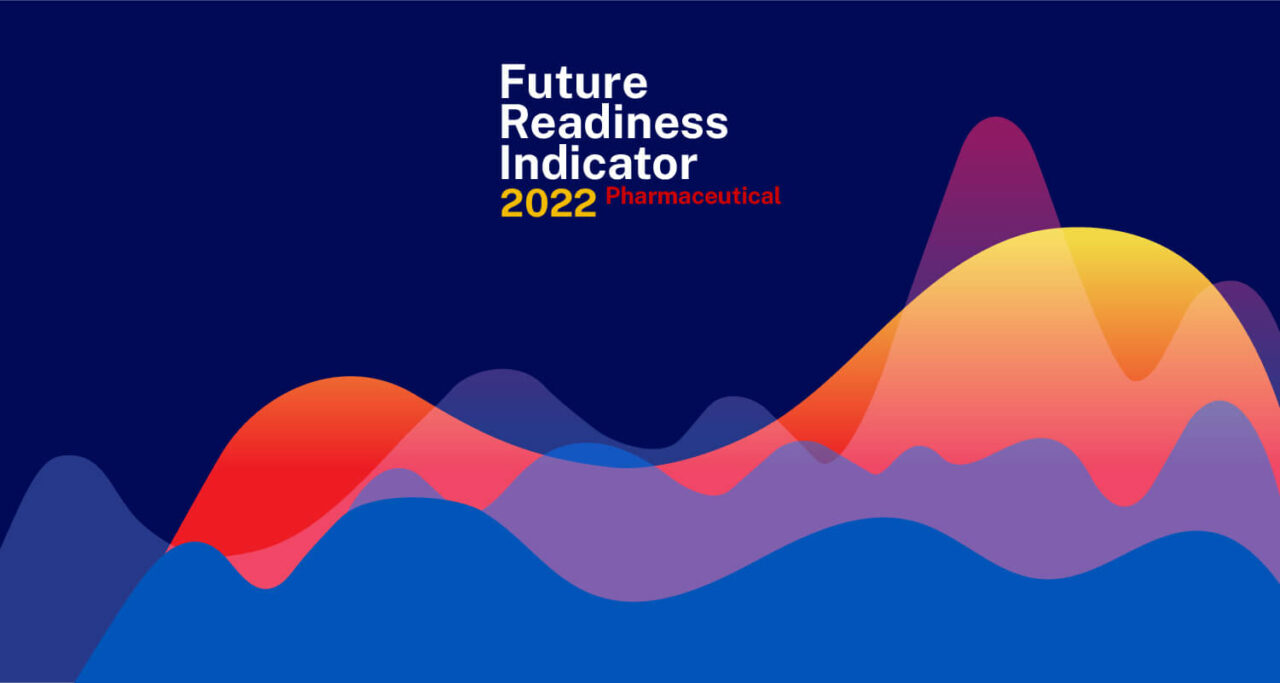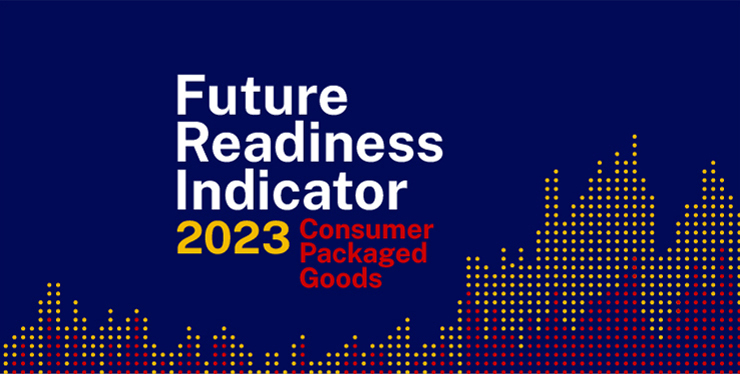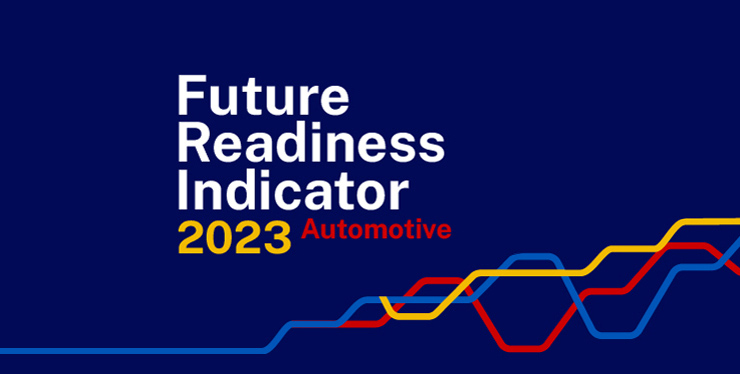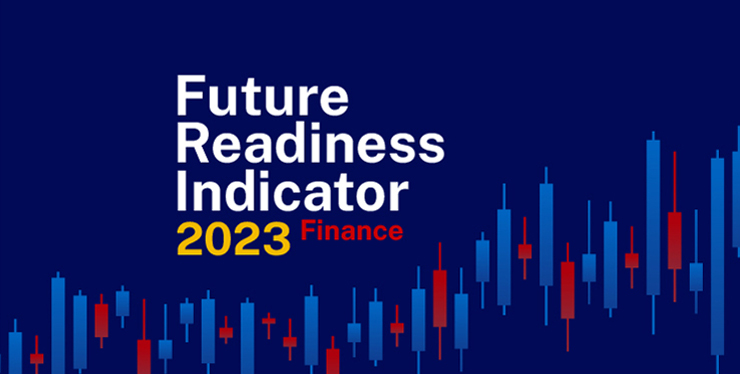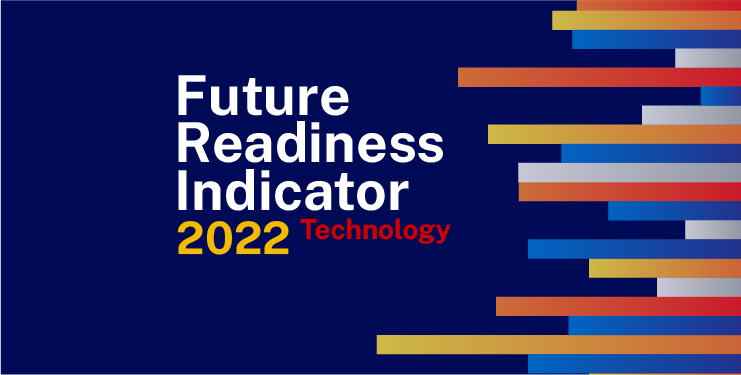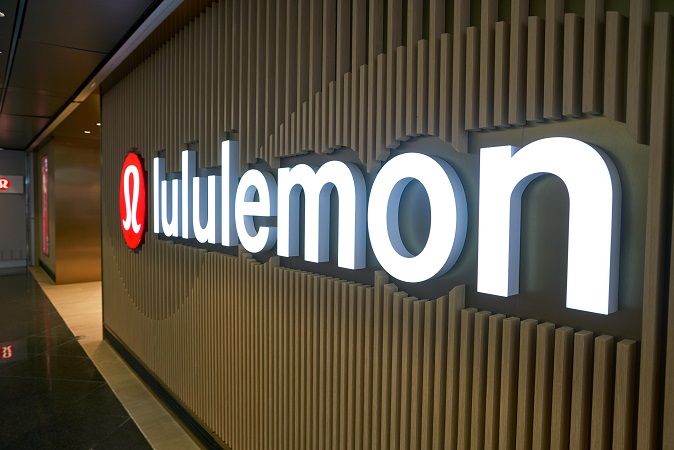IMD business school for management and leadership courses
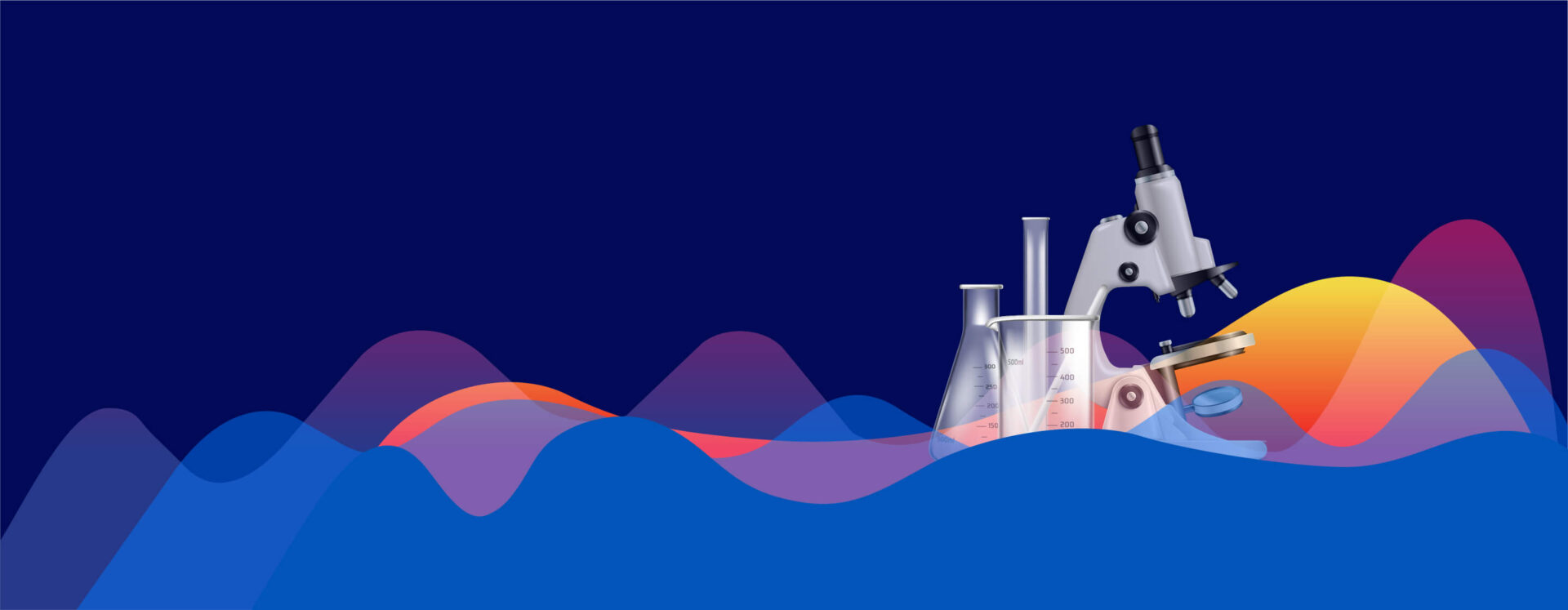

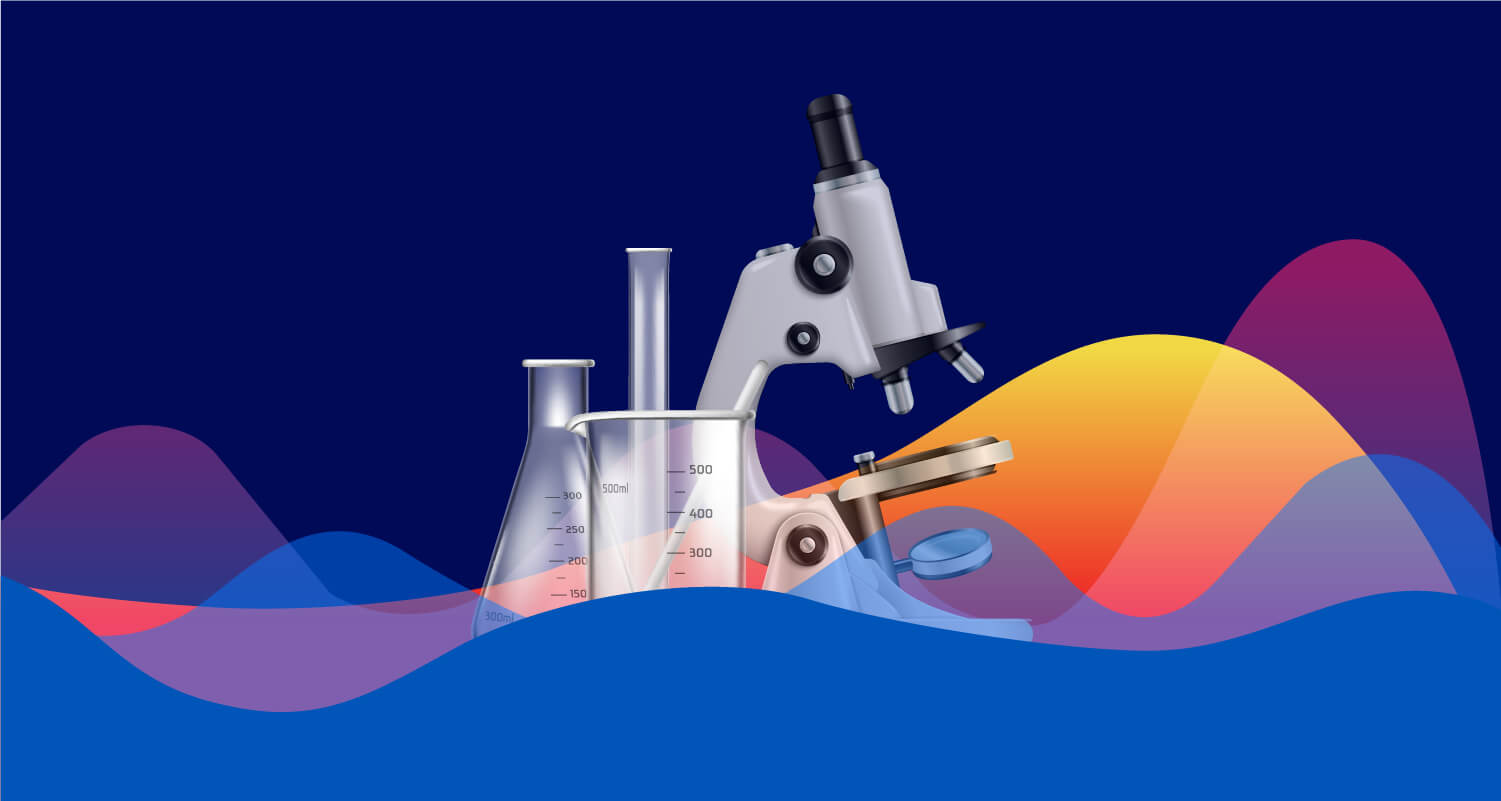
Future Readiness Indicator
Who Is The Most Future-Ready Pharmaceutical Firm?
Here is our 2022 ranking for the Pharmaceutical Industry.
Click on the company’s name to see details of the score.
In the world of pharmaceuticals, it’s too easy to think that mRNA vaccines are game changers. But what they really highlight is something much deeper. Those who have mastered genomics and artificial intelligence—whether through the manipulation of mRNA to create a vaccine or unleashing our immune system to fight cancer—are those most prepared for the future. That’s why Roche’s number-one ranking might come as a surprise to casual observers: unlike Pfizer #2 and AstraZeneca #3, Roche doesn’t create vaccines. But importantly, it has been investing quite heavily in new capabilities to explore novel ways of discovering treatments.
This requires a company to invest more of its revenue into research and development rather than marketing, legal, or administrative tasks. Top performers must allocate resources while not spending more money than necessary on advertising, sales, and lawyers; they need to focus on running laboratories instead. As a result, top-performing companies tend to have a stronger drug pipeline. More drug candidates are being scheduled for clinical trials, especially those in the advanced stages. All together, they are expanding into more therapeutic areas.
By having a broad portfolio, you are essentially diversifying risks.
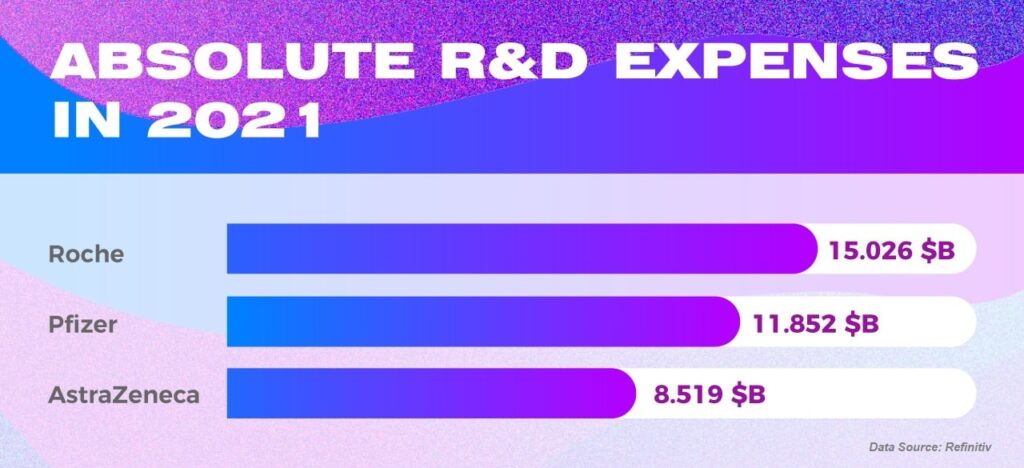
The race toward new capabilities is very real in the pharmaceutical industry; specifically, it’s integrating computational science and machine learning into the old worlds of chemistry and biology. For example, artificial intelligence helps reveal protein misfolding, which occurs during different biochemical processes and leads to the development of cancer. In another case, an AI system developed by BioNTech identified numerous high-risk Covid variants months before the World Health Organization’s (WHO) tracking system flagged them.
What’s the implication of all this? Future-ready pharmaceutical companies are those who plow their financial return into not only typical R&D activities but also new scientific competencies involving AI and machine learning. No longer are they only recruiting life-science experts but also seeking out data geeks and software programmers. It’s a different type of laboratory they are building.
It’s a virtuous cycle. The stronger the financial performance, the more you can afford to invest in both traditional R&D and new capabilities. That takes more than just financial discipline. After all, maximizing in the short term is tempting. That’s why the purpose of a firm must remain the ultimate true north.
